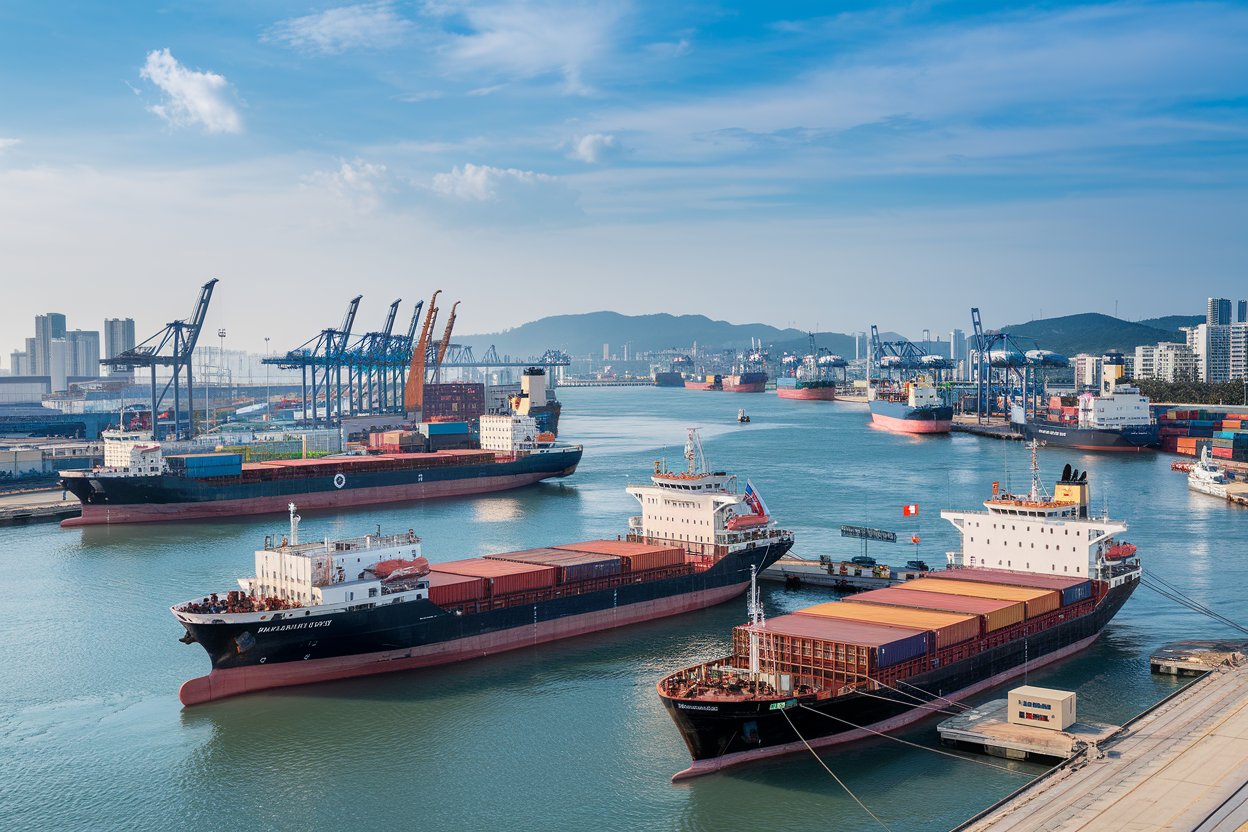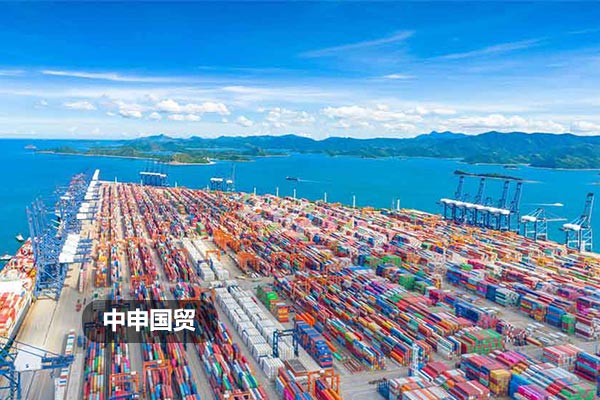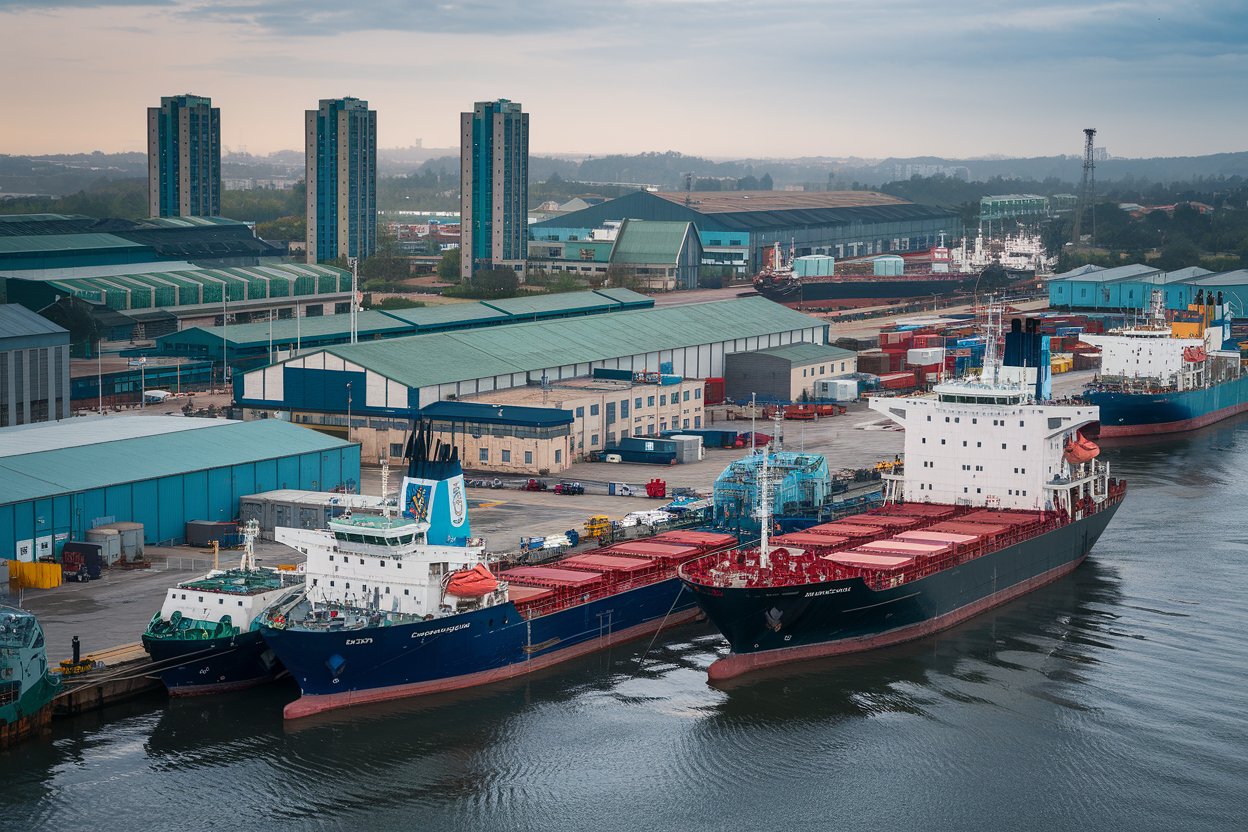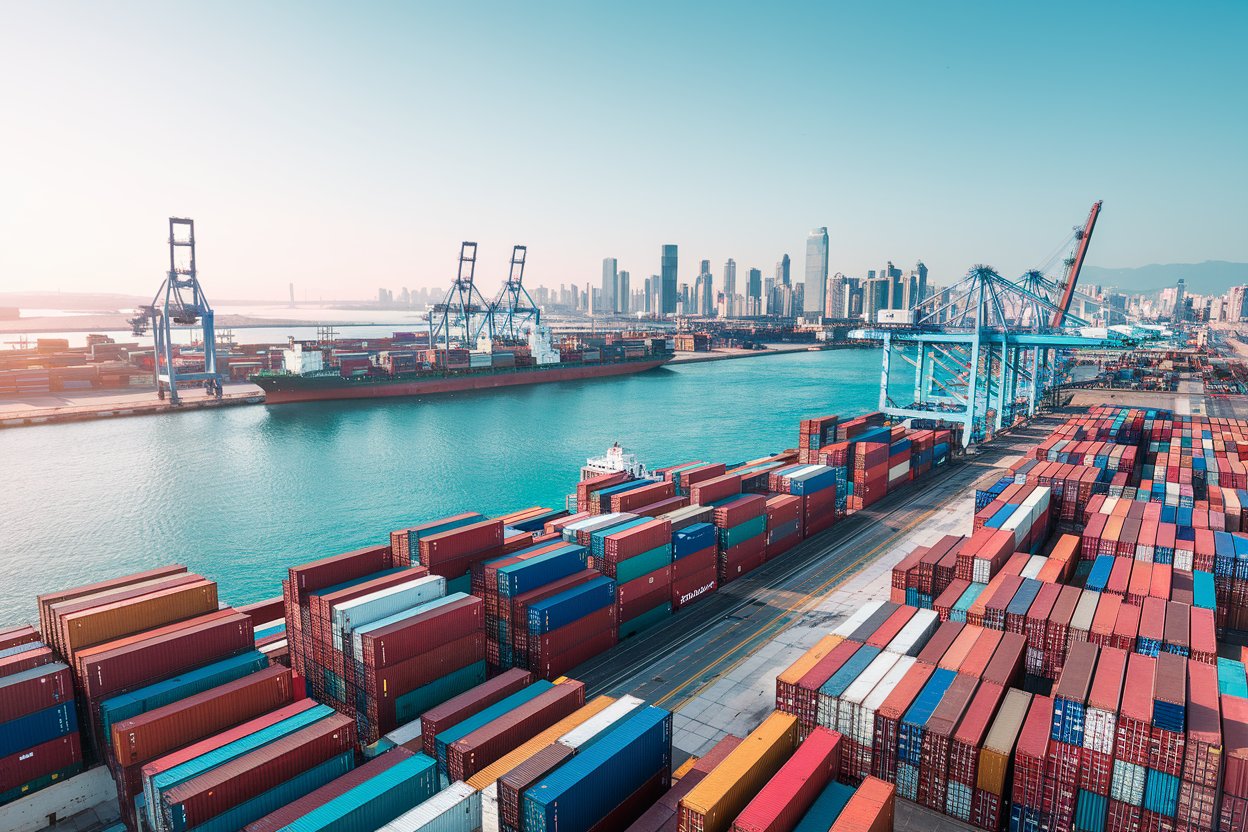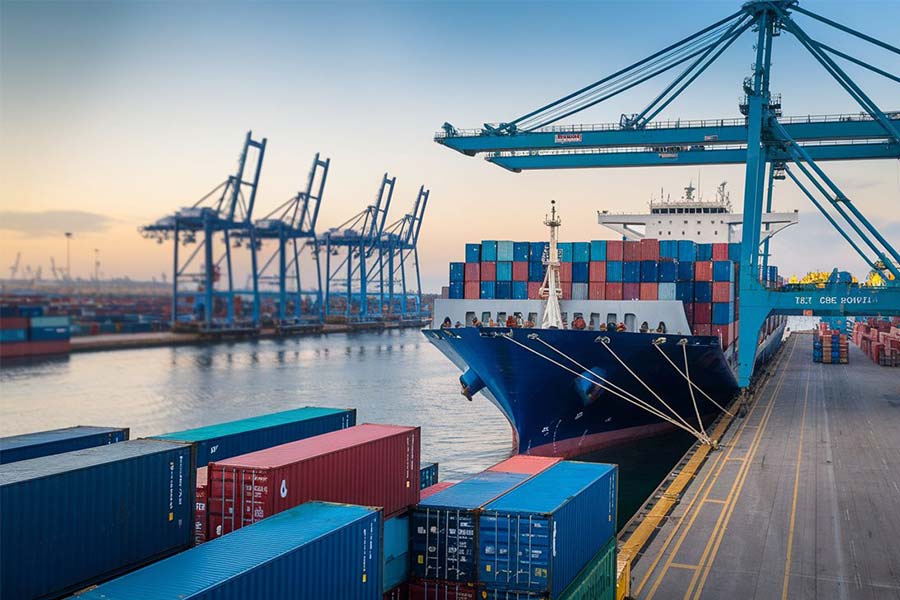- 20 Years of Expertise in Import & Export Solutions
- +86 139 1787 2118
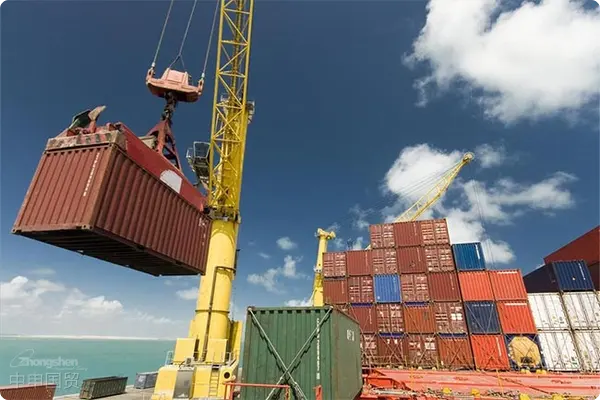
Opportunities and Challenges in Japan's Fashion and Textile Imports
In the global trade landscape, Japanese fashion and textile products have captured the attention of numerous importers with their unique designs, exquisite craftsmanship, and high standards for quality. However, the current international trade environment is complex and ever-changing, presenting both challenges and opportunities for import businesses.
From the perspective of opportunities, there is a continuous growth in global consumer demand for personalized, high-quality fashion and textile products. Japan's fashion and textile industry has always been at the forefront in terms of innovative design and meticulous craftsmanship, giving its products strong competitiveness in the international market. At the same time, with the rapid development of e-commerce, online sales channels are continuously expanding, providing a broader platform for Japanese fashion and textile products to enter the international market.
However, the challenges should not be overlooked. The rise of trade protectionism and frequent adjustments in tariff policies across countries have increased import costs and trade risks. Additionally, significant differences in trade regulations, product standards, and certification requirements among various countries and regions require importers to invest considerable time and effort in understanding and meeting these requirements to ensure smooth customs clearance of goods.
?Zhong Shen?Professional document handling capability
In the process of importing Japanese fashion and textile products, document handling is a crucial step. With years of import experience, ZhongShen International Trade...?Export Agency?Service experience, with a professional documentation processing team capable of efficiently and accurately handling various types of documents.
During the contract signing phase for imports, our professionals meticulously review the contract terms to ensure compliance with international trade practices and relevant laws and regulations. This process clarifies the rights and obligations of both parties and helps prevent potential trade disputes. For instance, regarding price terms, we select appropriate trade terms such as FOB (Free on Board) or CIF (Cost, Insurance and Freight) based on the actual condition of the goods and the mode of transportation. This clarifies the timing and location of risk transfer for the goods, as well as the responsible party for transportation, insurance, and other related costs.
Regarding transportation documents, we will assist importers in handling important documents such as the Bill of Lading, Packing List, and Commercial Invoice. The Bill of Lading serves as proof of ownership for the goods, and we will ensure its accuracy, including details such as the shipper, consignee, description of goods, quantity, and weight. The Packing List provides a detailed record of the contents within each package, facilitating customs inspection and the consignee's verification of the goods. The Commercial Invoice serves as the basis for settlement between buyers and sellers, and we will complete the invoice in accordance with relevant regulations, including the value of the goods, price terms, and trade methods.
In addition, for?Certificate of Origin?We are also proficient in handling other documents such as the Certificate of Origin and the Inspection Certificate. The Certificate of Origin is a crucial document for determining the country of origin of goods, which is essential for enjoying preferential tariff treatment. The Inspection Certificate, on the other hand, verifies that the quality of the goods complies with relevant standards and requirements, thereby safeguarding the interests of importers.
Efficient logistics arrangements
Logistics processes directly impact the timeliness and cost of imported goods. ZhongShen International Trade possesses extensive logistics resources and a professional logistics team, capable of providing comprehensive logistics solutions for importing Japanese fashion and textile products.
When it comes to selecting the mode of transportation, we will provide the most suitable option for importers based on factors such as the characteristics of the goods, quantity, and delivery time. For goods with larger quantities and relatively flexible delivery schedules,?Ocean shipping?It is a more cost-effective option. We have established long-term partnerships with several well-known shipping companies, enabling us to secure favorable freight rates and stable cargo space. During the ocean freight process, we closely monitor the transportation status of the goods and promptly communicate and coordinate with the shipping companies to ensure timely arrival at the destination port.
For some urgently needed small-batch goods,?Air freight?It is a more efficient approach. We maintain strong partnerships with major airlines, enabling us to swiftly arrange cargo bookings, customs clearance procedures, and other formalities to ensure the fastest possible delivery of goods to their destination.
After the goods arrive at the destination port, we also provide professional customs clearance services. We are familiar with the policies, regulations, and operational procedures of customs in various regions, enabling us to quickly process the customs clearance of goods, reduce the detention time of goods at the port, and lower storage costs. Additionally, based on the needs of importers, we can offer value-added services such as warehousing and distribution of goods, achieving Door to Door logistics services to provide the utmost convenience for importers.
VTB in the Russian market ?Foreign exchange settlement?Advantages
Russia, as one of the primary markets for ZhongShen International Trade, holds unique advantages in import operations. Particularly in foreign exchange settlement, we have established a close cooperative relationship with Russia's VTB Bank, providing convenient settlement services for importers.
Foreign exchange settlement refers to the process where the owner of foreign exchange income sells their foreign exchange earnings to a designated foreign exchange bank, and the bank pays an equivalent amount in domestic currency at a certain exchange rate. In import trade with Russia, using VTB Bank for foreign exchange settlement offers numerous advantages. Firstly, VTB Bank holds a significant position in the Russian financial market, with a stable and efficient settlement system that ensures rapid fund transfers. Secondly, by collaborating with VTB Bank, we can gain better insights into Russia's foreign exchange policies and regulations, helping importers mitigate exchange rate risks. For instance, during periods of significant exchange rate fluctuations, we can utilize hedging tools provided by VTB Bank, such as forward exchange contracts and foreign exchange options, to lock in exchange rates and avoid losses caused by rate volatility.
The specific foreign exchange settlement process is as follows: After receiving the goods from the Russian supplier, the importer submits the relevant documents to VTB Bank in accordance with the contract, such as commercial invoices, bills of lading, packing lists, etc. Upon verifying the documents, VTB Bank will convert the foreign currency into RMB at the current exchange rate and transfer the funds to the importer. The entire foreign exchange settlement process is fast and secure, providing importers with convenient fund settlement services.
Southeast Asian market?Import/export?Process and Solution
Southeast Asia, as another crucial market for ZhongShen International Trade, also has its unique processes and solutions when it comes to importing Japanese fashion and textile products.
In terms of the import process, the first step is market research and supplier selection. Importers need to gain an in-depth understanding of the demand characteristics and consumer preferences for Japanese fashion and textile products in the Southeast Asian market to select suitable suppliers. When choosing suppliers, a comprehensive evaluation of their credibility, production capacity, and product quality is essential.
Next is the signing of the import contract. The contract should clearly specify key terms such as the quality, quantity, price, delivery period, transportation method, and payment method of the goods. In the Southeast Asian market, common payment methods include?L/C?(Letter of Credit, abbreviated as L/C), Telegraphic Transfer (abbreviated as T/T), etc. A Letter of Credit is a conditional payment guarantee issued by a bank to the exporter upon the application of the importer, offering relatively high security but involving more complex procedures and higher costs. Telegraphic Transfer is divided into advance T/T and post T/T. Advance T/T refers to the importer paying the full or partial amount to the exporter before shipment, while post T/T involves payment after the goods arrive at the destination. Importers should choose the appropriate payment method based on their cooperative relationship with suppliers and their risk tolerance.
In terms of cargo transportation, the Southeast Asia region has numerous ports, and maritime shipping is the primary mode of transport. Before the goods are loaded onto the ship, the exporter needs to complete?Customs Declaration?Procedures, provide relevant documents, such as commercial invoices, packing lists, customs declarations, etc. After the goods arrive at the destination port in Southeast Asia, the importer needs to complete the?Import Customs Declaration?Procedures and payment of relevant taxes and fees. The tariff policies of Southeast Asian countries vary significantly, so importers need to familiarize themselves in advance with the tariff rates and related trade policies of the destination country to accurately calculate import costs.
In terms of product certification, Southeast Asian countries have different certification requirements for imported fashion and textile products. For example, some countries require imported textiles to meet specific environmental standards and provide corresponding eco-certifications. Although ZhongShen International Trade does not directly handle certification services, we assist importers in understanding the specific certification requirements and provide relevant consulting services. We help importers gather the necessary documentation for certification, guide them in communicating with certification bodies, and ensure that imported products successfully pass certification to meet market access requirements.
In response to the characteristics of the Southeast Asian market, ZhongShen International Trade also offers a series of solutions. For instance, we provide product positioning and marketing recommendations tailored to the market demands and consumption habits of different countries. In terms of logistics and distribution, we work closely with local logistics partners to ensure timely and accurate delivery of goods to customers. Additionally, we closely monitor political and economic conditions as well as changes in trade policies within the Southeast Asian region, promptly offering risk alerts and coping strategies to importers to help them mitigate trade risks.
Assistance with product certification services
When importing Japanese fashion and textile products, product certification is an essential step. Different countries and regions have varying certification requirements for fashion and textile products, such as the CE certification in the European Union and the CPSC certification in the United States. These certifications are designed to ensure that the products meet local regulations and standards in terms of quality, safety, and environmental protection.
Although ZhongShen International Trade does not directly handle certification services, we possess extensive industry experience and professional knowledge, enabling us to provide comprehensive certification assistance to importers. We help importers understand the certification requirements of target markets, including certification standards, application procedures, and required documentation. For instance, for textile products that require chemical testing, we inform importers about the testing items and standards, and assist them in selecting suitable testing institutions.
During the certification application process, we will guide importers in preparing the necessary documentation, such as product manuals, technical files, test reports, etc. We can also assist importers in communicating with certification bodies, addressing any queries raised by them, and ensuring the smooth progress of the certification application. With our support, importers can complete product certification more efficiently, avoiding delays and losses caused by unfamiliarity with the certification process.
In summary, importing Japanese fashion and textile products involves navigating numerous steps and challenges. However, with ZhongShen International Trade's professional documentation processing, efficient logistics arrangements, unique foreign exchange settlement advantages, and comprehensive certification assistance services, importers can conduct their business more smoothly, seize opportunities in international trade, and achieve their own development. In the complex and ever-changing international trade environment, choosing a professional?Foreign trade?An agency is the key to an importer's success.
? 2025. All Rights Reserved.
